THE PODCAST
Elevating the conversation about all things tactical.
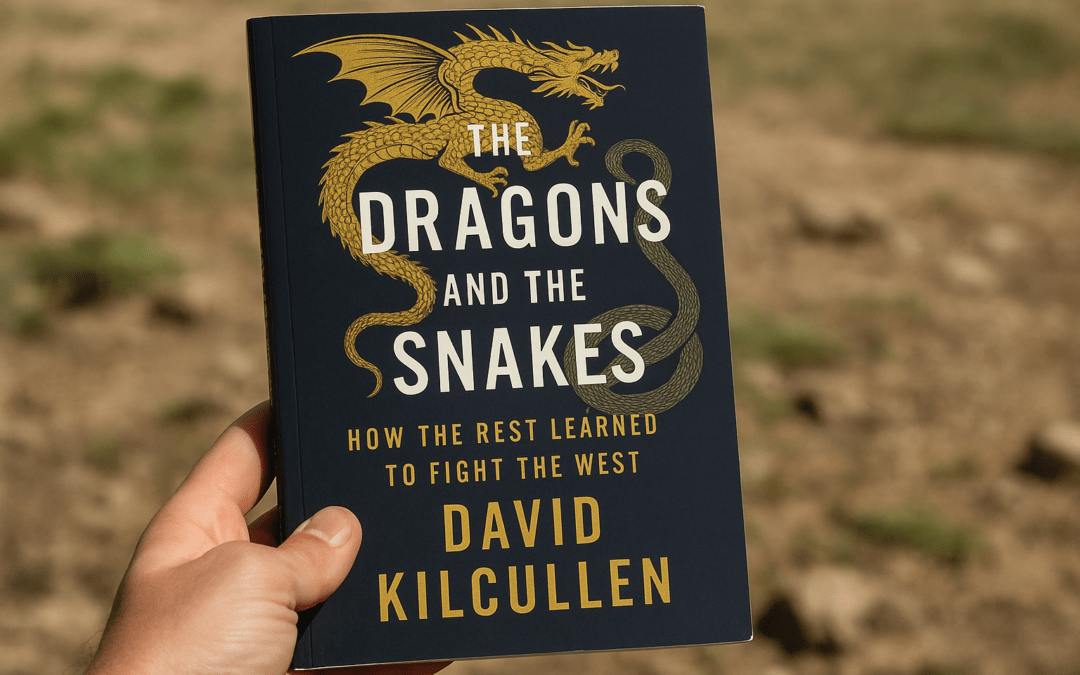
Teaching the Enemy: Lessons from The Dragons and the Snakes
From guerrilla warfare and liminal conflict to use-of-force doctrine and law enforcement tactics, this episode connects military theory to street-level realities. Are we in a new kind of war without even knowing it? And what are we teaching our opponents every time we act?
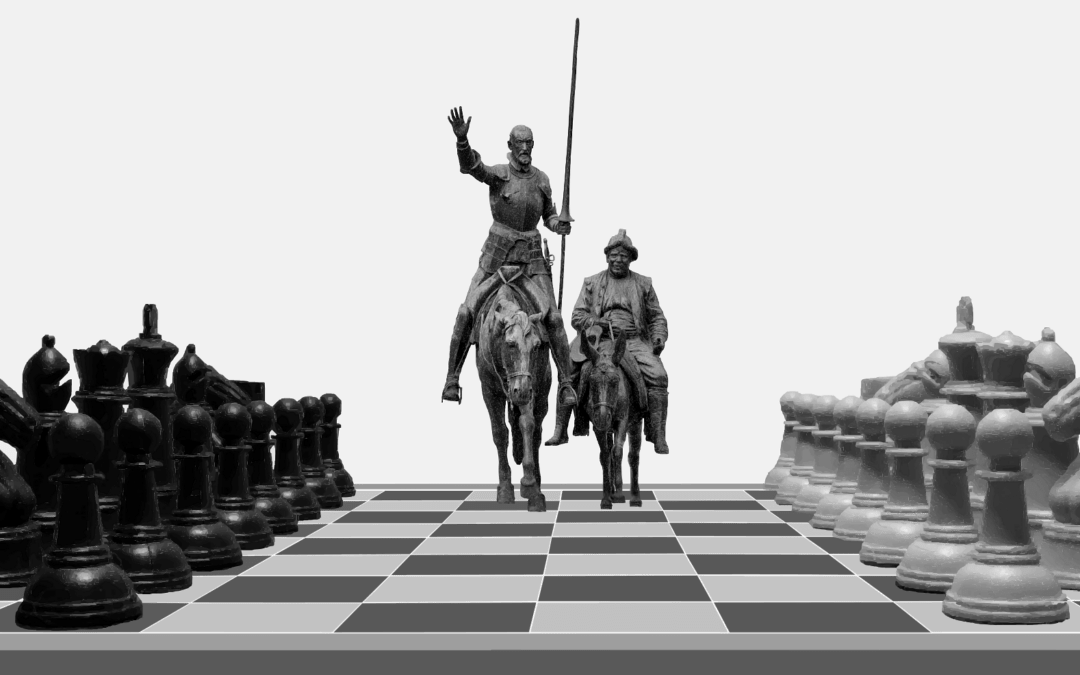
It’s Chess AND Checkers–Tactics and Strategy Unite!
Why do we focus so much on tactics and so little on strategy? In this episode, Mike and Jim tackle the divide between street-level action and big-picture thinking. Drawing on lessons from policing, the military, and community crime prevention, they explore how individual cops, community members, and leaders can influence criminal decision-making—not just react to it.
Topics include resource constraints, the Broken Windows theory, and strategies for shifting offender perceptions to prevent crime before it occurs.

Hazing vs. Hardening: Building Strong Teams Without Breaking People
Hazing, or just holding the new guy to a high standard? That line matters—and we’re walking it in this episode. Mike and Jim break down where real team-building ends and toxic tradition begins. We’re talking SWAT school, academy culture, leadership, and how to onboard new teammates without wrecking morale. This one’s about building teams that are tough, smart, and built to last.
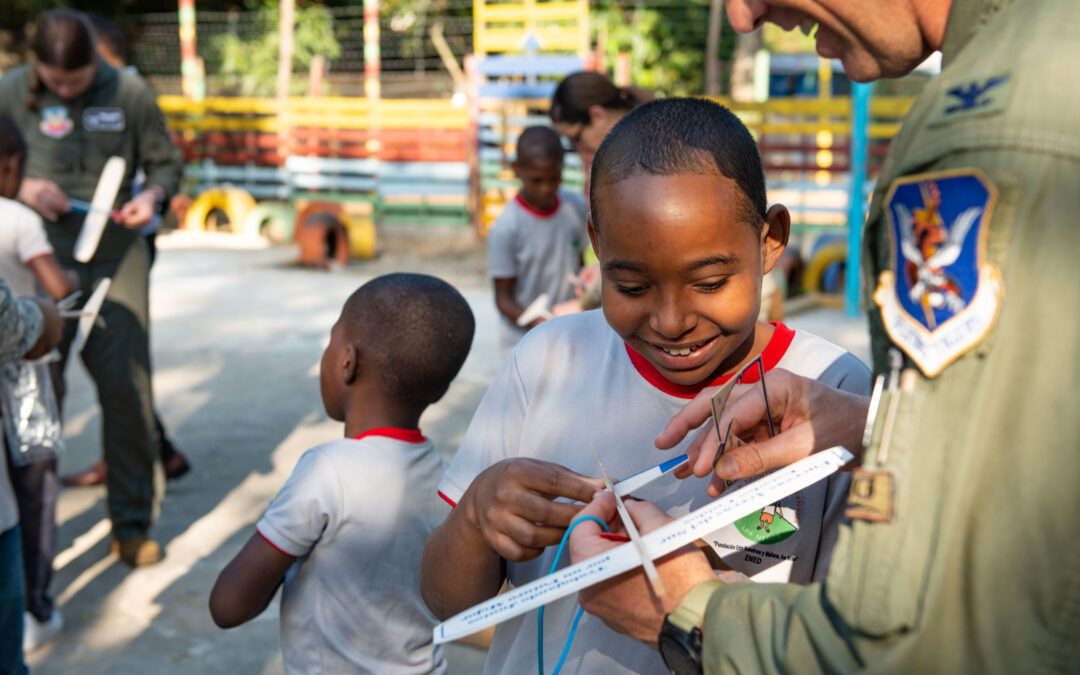
Kids These Days – Leading Across Generations
Have you noticed that the new guys coming in to your program aren’t as good as you remember yourself being? Does it seem like they need a WHOLE LOT of teaching, cajoling, and coaching? Let’s figure out why and figure out what to do about it.
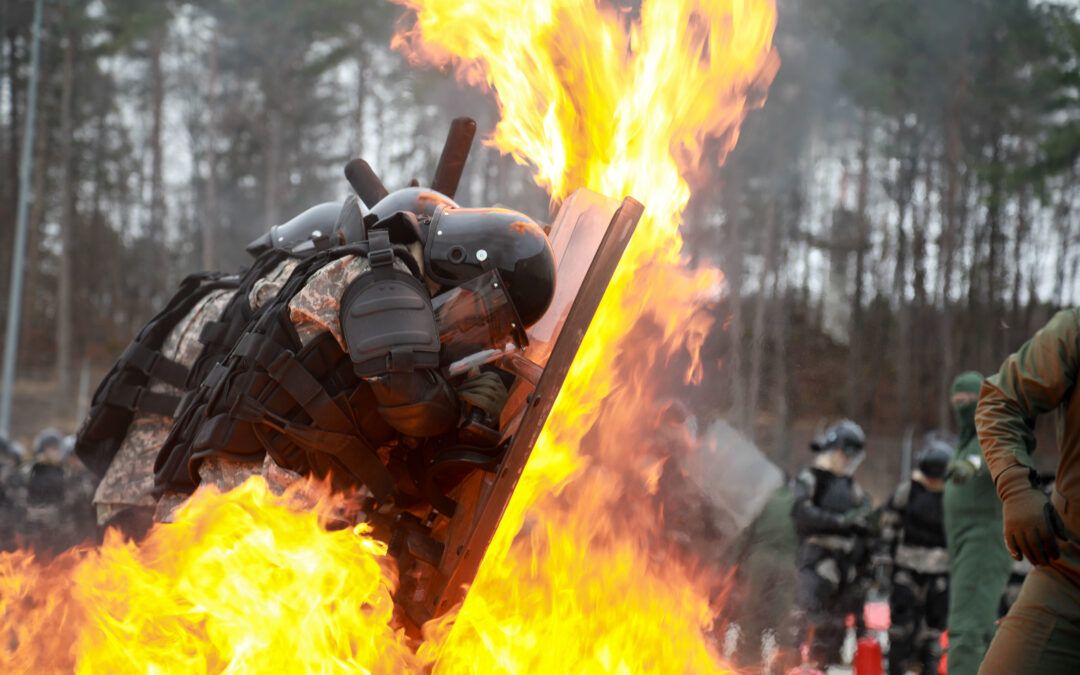
“Fire As A Weapon, Chapter 12” -Sun Tzu, Probably.
Mike & Jim discuss the tactical considerations for critical incidents involving fire as a weapon. Should we send fire fighters in with cops? Should we add one more training requirement to overtasked police? If someone is making a threat with fire can you shoot him? Should you?

HONOR: Your Own Rules
Mike & Jim discuss what honor means in the tactical jobs. Is honesty the best policy? What if other people on your team are lying, cheating, or stealing? Does honor still matter in today’s world? Is it okay to cheat on your girlfriend or your workout?
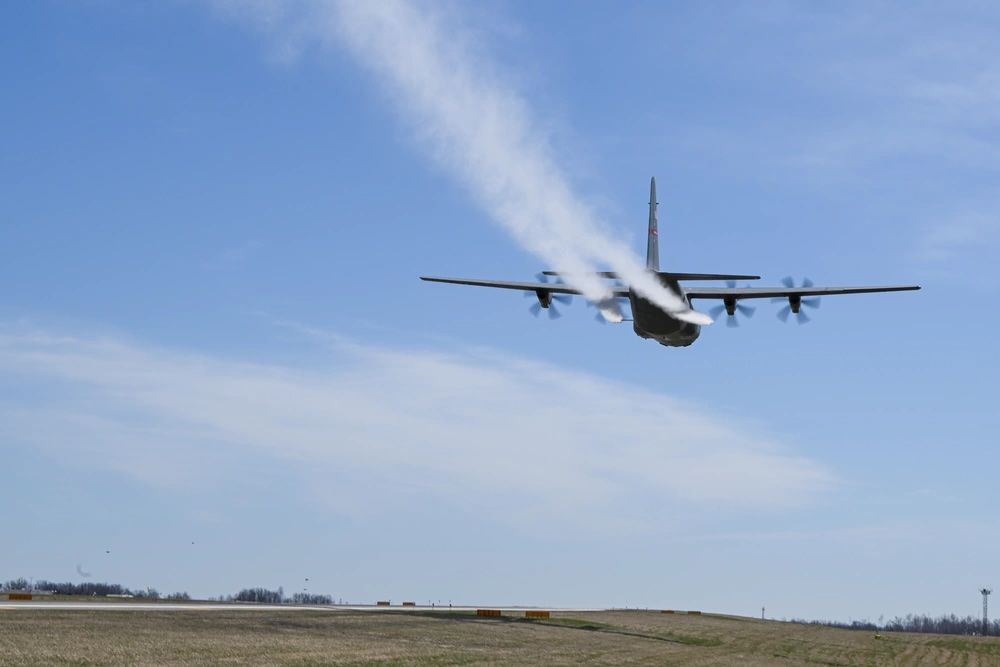
Catching Up After a Busy Week
Mike tells us about recent lessons from K9 training, and Jim tells us about arguments he had on the neighborhood facebook page about CHEMTRAILS and whether birds are real.
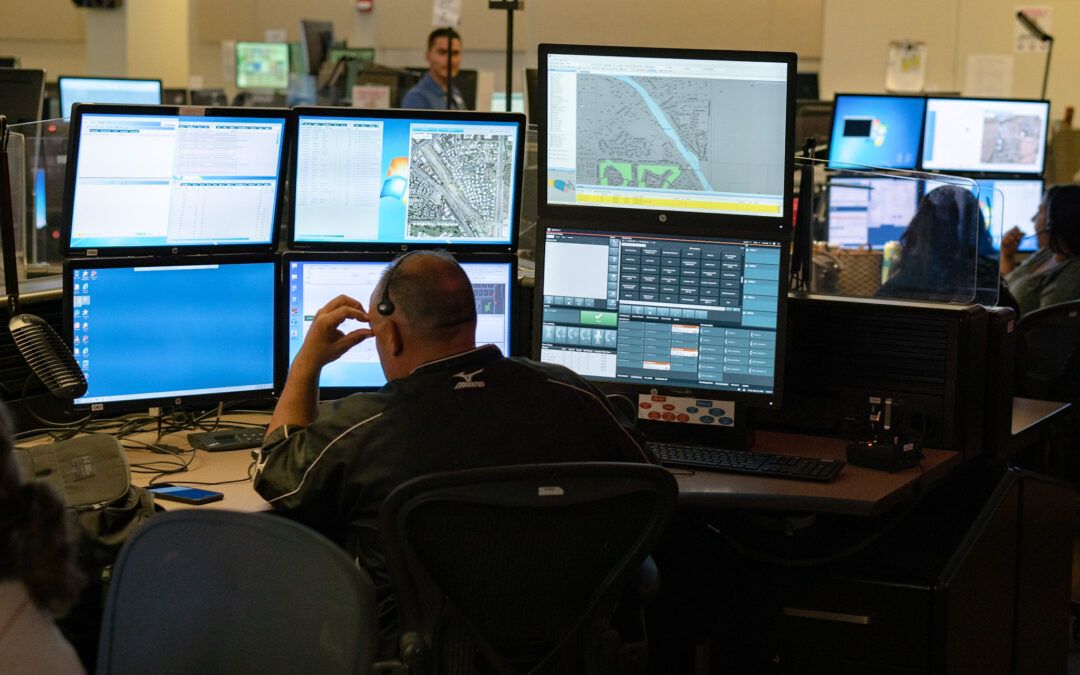
Times Jim Has Called 911
Jim tells Mike about some of the emergencies he has faced on the ground. We discuss when to call 911, what to tell them, and what first aid Jim applied as well as whether he got sued for helping someone. Did he thwart a murder plot in a hot air balloon? What exactly is degloving? Tune in and find out.
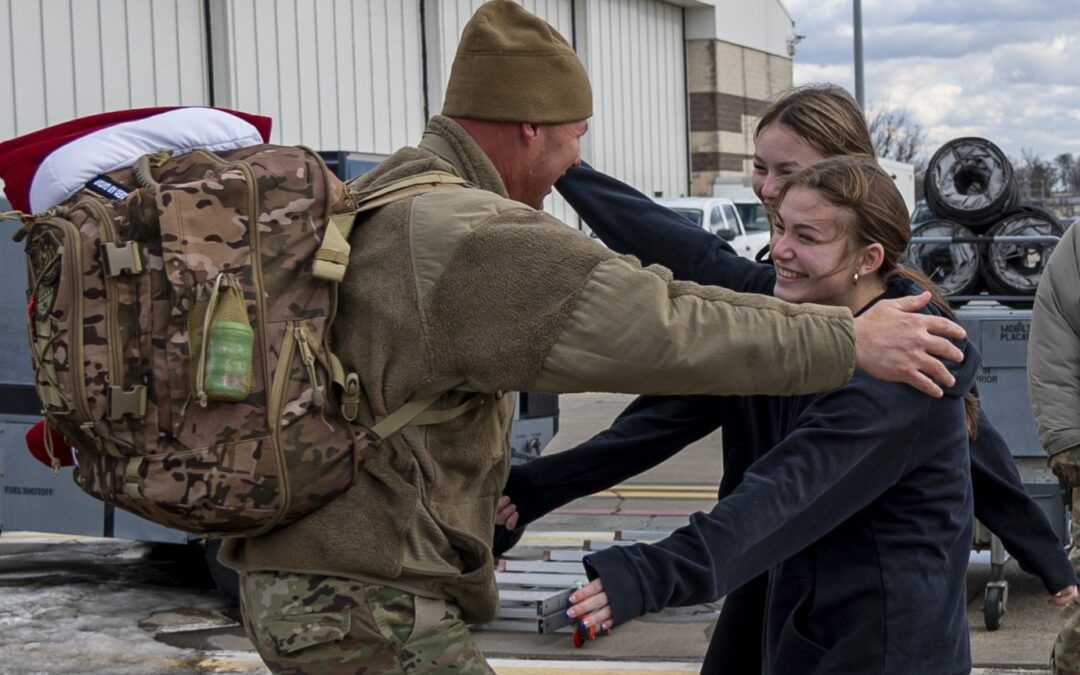
Balance: Pace Yourself, it’s a Marathon, not a Sprint
The boys talk us through how to achieve work-life balance in full commitment jobs like aviation, law enforcement, emergency medical services, and other critical roles.

The Boogeyman of Coeur d’Alene – The Crimes of Joseph Duncan
We delve into the horrifying crimes of a convicted serial predator whose reign of terror culminated in the brutal murders of the Groene family in 2005. We’ll explore Duncan’s dark past and the stalking and execution-style killings that led to the abduction of Shasta and Dylan Groene. We talk about managing our consumption of evil things in the world, the impact that has on our parenting, and we unravel how media efforts helped bring one of the most dangerous offenders in U.S. history to justice.
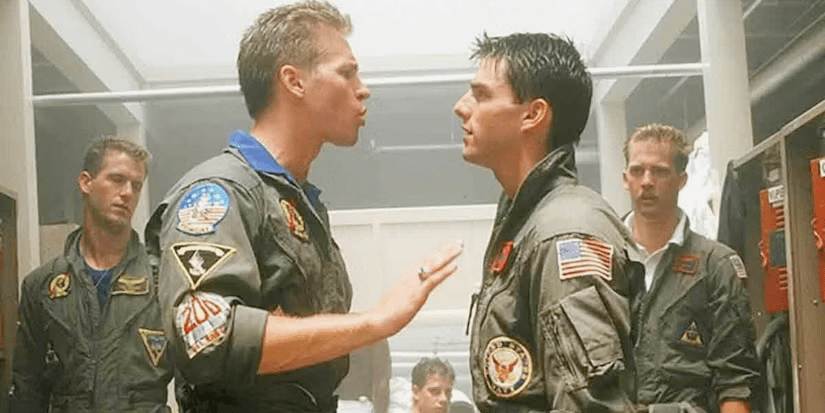
“Be Curious, Not Judgmental.” How to Deal with a Big Ego
Cops, military folks, pilots, medical professionals have some things in common. One of the BIG commonalities is a collection of BIG egos. Mike & Jim will walk us through how to navigate those egos to create a tactical advantage in a high performing team.

Bad Advice
Should your sister carry wasp or bear spray if she feels threatened by a human? Should you trust that dude behind the gun counter at your local gun shop because he’s got a sweet beard? Mike and Jim explore your options and how to sort good advice from bad advice.
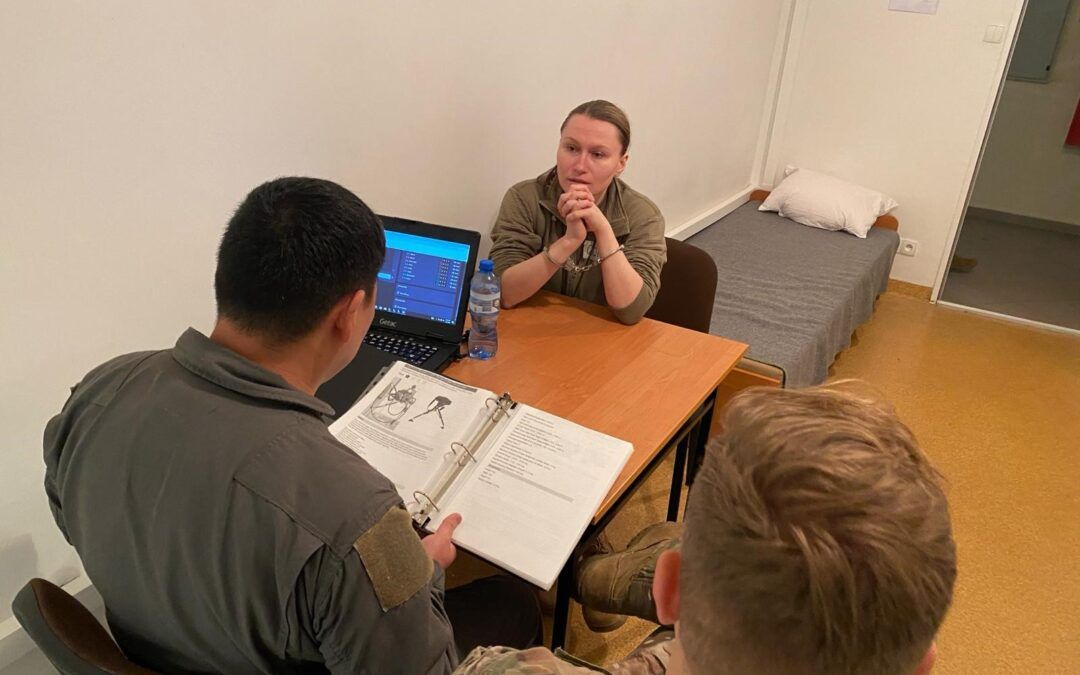
Read the Room – Who is Leading You?
Most leadership and management training has a top-down approach, but real human interaction involves influence in all directions – especially during a negotiation or confrontation. Mike and Jim discuss how to recognize when the other party is trying to influence or manipulate you, and how to lead your way through a tense situation. This is the essence of de-escalation and conflict management.
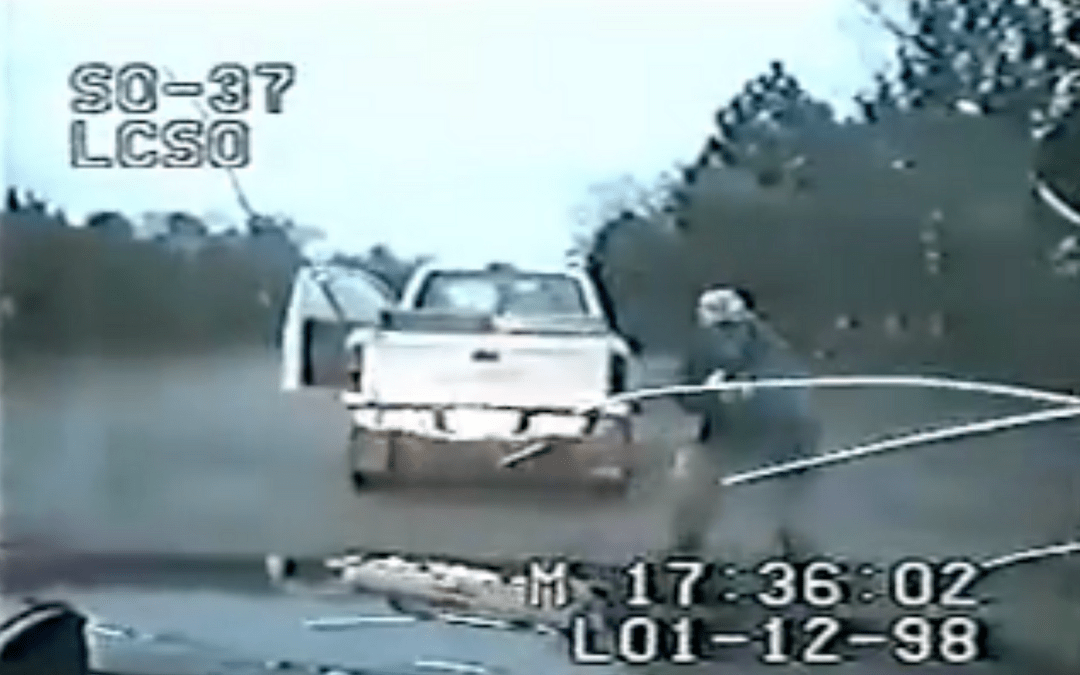
The Last Traffic Stop: Kyle Dinkheller’s Story
This episode examines the tragic 1998 murder of Deputy Kyle Dinkheller, a young Georgia sheriff’s deputy killed during a routine traffic stop. Using dashcam footage, we recount the chilling escalation of the encounter, explore the decision making and mindset to reconcile deadly force, and delve into the lessons this event teaches about officer safety, de-escalation, and situational awareness.
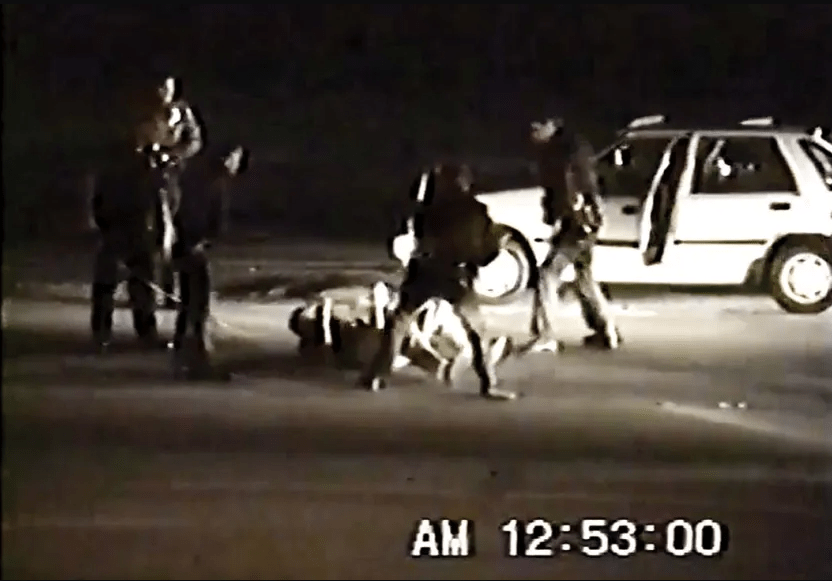
De-Escalate? Escalate? When can you taser them?
Through this discussion, Mike and Jim examine the challenges of balancing split-second decisions with the need for critical thinking, training, and adherence to policy. They touch on how models like the Critical Decision-Making Model (CDM) and Integrated Communications, Assessment, and Tactics (ICAT) are shaping modern law enforcement training, while also addressing the limits of these frameworks.
Fighting at Night
With some reasonable preparation, proportional to your personal risk of having to fight at night — you can use the darkness to gain and maintain gross overmatch. Start by sorting out your own personal risk, which should drive your investment in training and equipment. Consider both technical and non-technical ways you can improve your ability to see and screw with your adversary’s ability to see.
How to Handle a Traffic Stop
Traffic stops are dangerous and unpleasant. A lot of forces converge to make traffic stops dangerous: cops get killed on traffic stops, so they are anxious about them, some communities feel unfairly targeted and perceive a risk from the police, and everyone is at risk to distracted and drunk motorists passing by the stop. No one likes being pulled over, especially if they don’t trust the police. There has to be something we can do to make this whole thing safer and easier for everyone
These aren’t my pants…
The subtle, contextual cues that guide our instincts are often tough to put our finger on, but they are also the reason we might approach one person or situation differently than another. The last thing we want to do is leave those decisions up to someone else’s interpretation. It is difficult to teach what stress, deception, and threatening body language look like in training.
Spheres of Influence
SPHERES OF INFLUENCEI was at an instructor conference last week and it occurred to me that police...
Backup Guns, Yay or Nay?
BACKUP GUNS: YAY OR NAY?Back in the day, I carried a secondary gun at work because, well, I guess...
Mantis: Data-Driven Shooting
MANTIS: IMPROVING YOUR SHOOTING WITH DATAWe are excited to announce our new sponsor, Mantis. The...
The Glance is the Beep
"THE GLANCE IS THE BEEP"I want to convey a great teaching point that I learned from John Correia...
Use of Force in Self Defense
USE OF FORCE IN SELF DEFENSETrying out a new format for the bulletin, we need your feedback! Leave...
